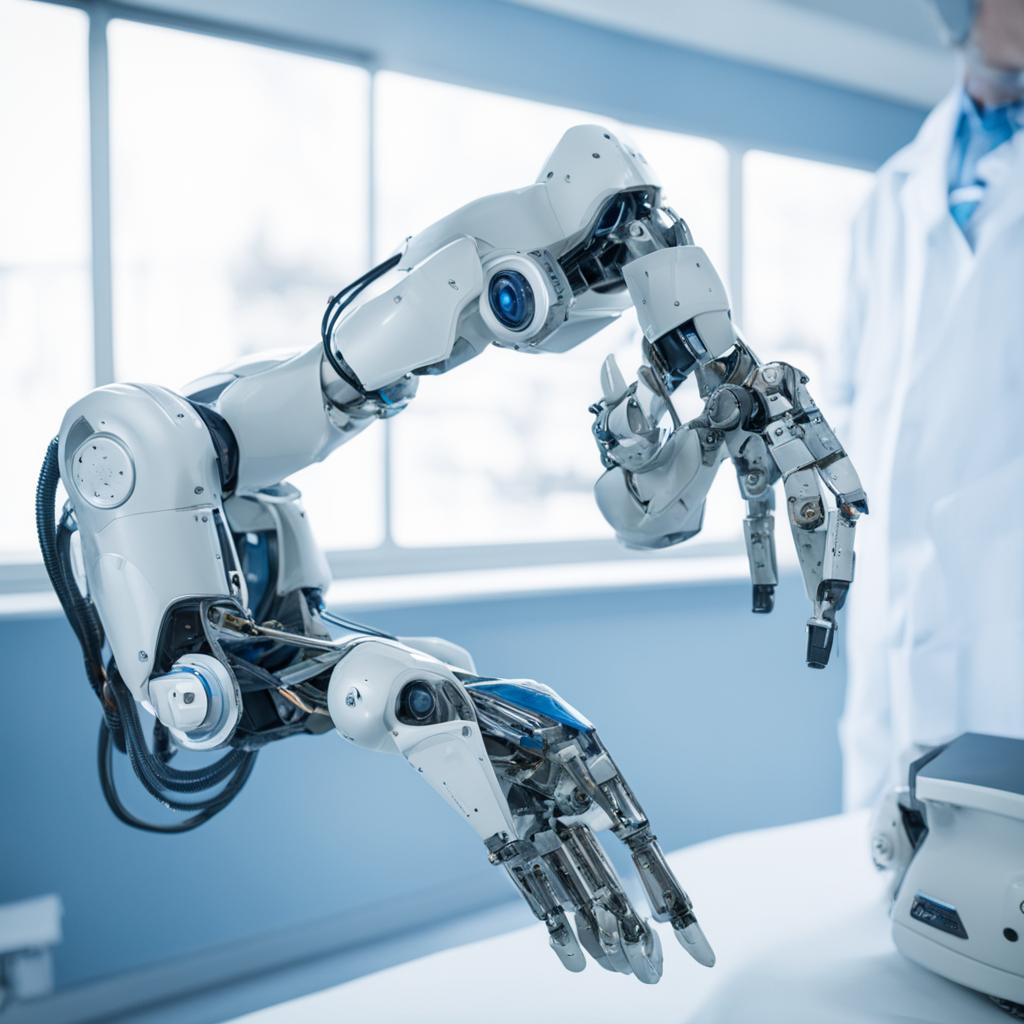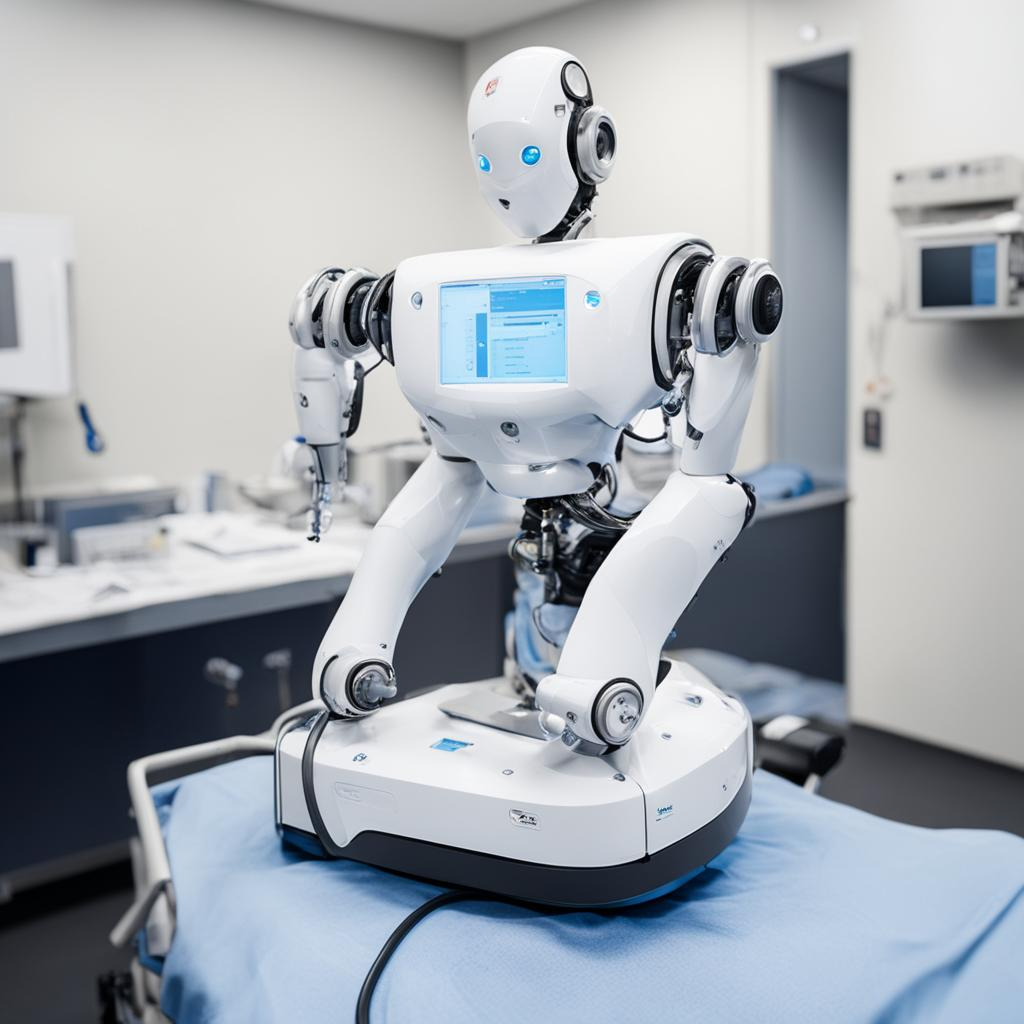
The use of medical robots is an integral part of modern medicine, and they are applied in various areas to improve diagnostics, treatment, and patient rehabilitation. Let’s explore where medical robots are currently being used.
1. Surgical Interventions:
- Robotic Assistants: Medical robots are actively used in surgery as assistants to surgeons. They can provide precise instructions, assist with accuracy and coordination during complex operations.
2. Obstetric and Gynecological Surgery:
- Assistance in Obstetric Interventions: Medical robots find application in obstetrics, where they can be used for precise or complex obstetric interventions.
3. Laparoscopic Surgery:
- Precise Laparoscopic Interventions: In the field of laparoscopic surgery, medical robots allow physicians to perform precise interventions through small incisions, reducing the duration of the operation and facilitating recovery.
4. Robotized Rehabilitation:
- Use in Physiotherapy: Medical robots are used for robotized rehabilitation of patients, assisting in the restoration of mobility and strength.
5. Telemedicine:
- Remote Consultations and Surgeries: Medical robots are used for remote consultations and even surgeries, allowing doctors to work from a great distance from the patient.
6. Cancer Treatment:
- Precise Surgical Interventions: Medical robots have broad applications in the treatment of cancer, providing accuracy and efficiency in tumor removal.
7. Neurosurgery:
- Precise Interventions in the Brain: Medical robots are used in neurosurgery for precise interventions in the brain, where every millimeter is crucial.
8. Robotized Diagnostic Procedures:
- Use in Diagnostic Procedures: Medical robots assist in conducting precise diagnostic procedures, such as biopsies and sample collection.
9. Exoskeletons:
- Aid for Individuals with Disabilities: Exoskeletons, working on the principles of medical robots, are used to support mobility in people with limited abilities.
10. Research and Education: – Modeling and Training: Medical robots are applied in the training of medical personnel and the study of new treatment methods.
In conclusion, medical robots are currently utilized in a wide range of medical practices, contributing to advancements in surgical precision, diagnostics, and rehabilitation techniques. Their applications continue to expand, promising further innovations in the field of healthcare.
